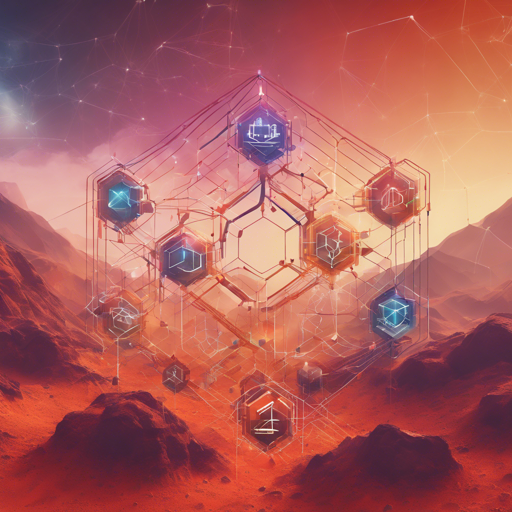The world of blockchain is complex and fascinating, especially when it comes to communication between various chains. Enter the IBC protocol—a structure that enables multiple blockchains to talk to each other seamlessly. In this blog, we’ll explore how to dive into the Rust implementation of the IBC protocol using the ibc-rs project.
What is IBC?
IBC stands for Inter-Blockchain Communication, a protocol allowing blockchains to transmit data across one another accurately and securely. The Cosmos ecosystem leverages this protocol to facilitate communication between its interoperable blockchains.
Project Structure
The ibc-rs project contains several important sub-crates that can either function independently or work together. Here’s a breakdown of the structure:
- ibc: Re-exports essential data structures and on-chain logic.
- ibc-data-types: Shared IBC data types across implementations.
- ibc-core: Contains specifications for IBC core functionalities.
- ibc-clients: Implementations specific to various IBC light clients.
- ibc-apps: Data structures for different IBC applications.
- ibc-testkit: A toolkit for writing integration tests.
- ibc-query: Traits for querying state in an IBC module.
- ibc-derive: Macros for reducing boilerplate in ClientState and ConsensusState traits.
How to Use IBC-RS
Getting started with this project is akin to setting up a multi-lane highway where vehicles can travel back and forth smoothly. You need to prepare both the infrastructure (the blockchain networks) and the vehicles (the communications between them). Here’s how you can set it up:
- Clone the repository using: git clone https://github.com/cosmos/ibc-rs
- Ensure that you have Rust installed on your machine.
- Compile and run individual sub-crates based on your needs. For instance, if you’re focusing on client features, navigate to the ibc-clients directory and follow the respective instructions.
Troubleshooting Common Issues
As with any project, you might encounter challenges. Here are a few troubleshooting tips:
- Issue: Compilation Errors
Ensure you have the latest stable version of Rust installed. You can update usingrustup update. - Issue: Integration Testing Failures
Check that your test environment aligns with the specifications outlined in the documentation. - Issue: Dependencies Not Found
Make sure all dependencies have been correctly defined in your Cargo.toml file. Runningcargo updatecan also help resolve some issues.
For more insights, updates, or to collaborate on AI development projects, stay connected with fxis.ai.
Conclusion
At fxis.ai, we believe that such advancements are crucial for the future of AI, as they enable more comprehensive and effective solutions.
Our team is continually exploring new methodologies to push the envelope in artificial intelligence, ensuring that our clients benefit from the latest technological innovations.

